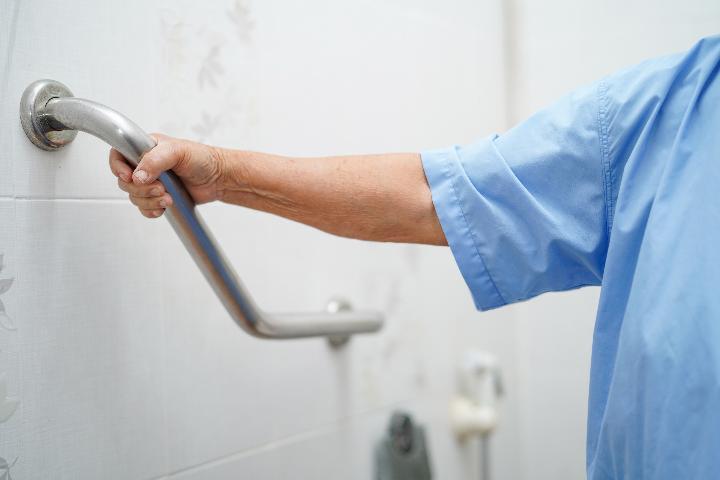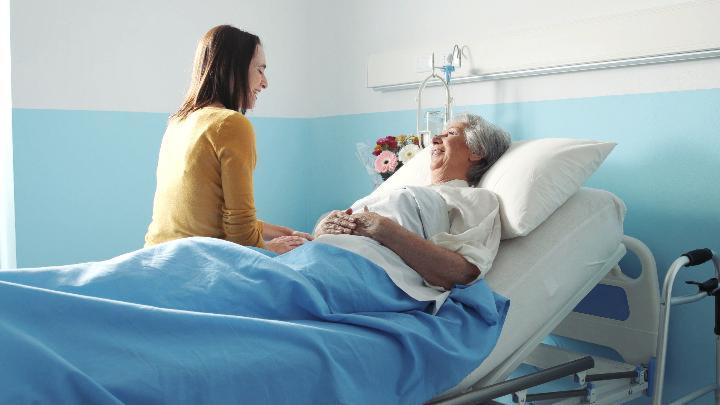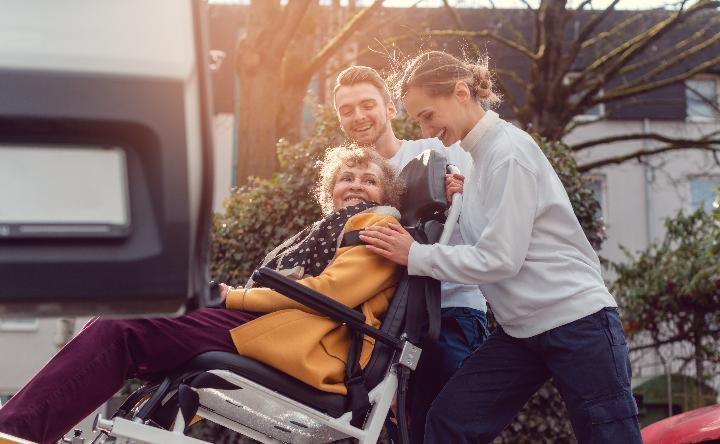As our dear ones get older, they lose their self-sufficiency and encounter difficulties moving around and carrying out activities of daily living. If you have an older person living at home, it is essential to have an adapted home to their needs to ensure maximum comfort and safety.
One common mistake in most households involves failing to plan in advance to initiate reforms to the home to make it suitable for the needs of the elderly adult. Sufficient help for elderly living at home is only considered after the elderly adult suffers an accident or a fall at home.
Fundamental Tips: Safe Housing for the Elderly
Eradicate the obstacles that get in the way of the elderly adult.
Ensure that all rooms have sufficient lighting to facilitate clear vision and avert the risk of falls.
If the elderly person is using a wheelchair, review if your doors comfortably allow the wheelchair to pass-through.
Bathroom and kitchen cabinets must be orderly; use corner guards to avert possible injury.
Provide permanent access to the telephone for the elderly adult.
Considerations When Initiating Changes in the Home
The best way to introduce changes is when the need emerges to prevent the transformation from being traumatic.
Apart from implementing the changes in phases, it would be imperative to consider the recommendations to save yourself money, time and problems.
Providing help for elderly living at home does not translate to turning the home into an alien thing. The older adult needs to continue having that homely feeling, surrounded by their favourite things and memories.
Hire the best Live-in carer

How to Make the Home Adaptable to an Elderly Person?
Here are a few tips you can implement in the main rooms in the older person’s house.
Adapt the bathroom
The bathroom accounts for 46% of falls by elder persons. For the elderly adult to safely perform their daily hygiene, the bathroom must be adapted to their needs.
We advocate for installing support bars to safely enable the older adult to get in and out of the shower. It is also advisable to place a shower seat and an anti-slippery shower tray. In the absence of a shower tray, you can place non-slip mats outside and inside the shower.

Home kitchen
The kitchen is another risky space for falls and injuries to the elderly. It would be best if you implemented some adjustments to avoid accidents.
You can install sliding doors on the cupboards and in the kitchen since they pose less danger and minimise the risk of injuries and knocks. Dark cabinets should have lights to enable the older person to better see what is inside. To facilitate safer use of cooking appliances, you can install induction hobs, which have indicators of heat levels, to avoid gas leaks and burns.
The bedroom
The bedroom is a vital place to provide home help services for the elderly. An older adult’s bedroom should be on the ground floor to reduce their efforts when going to sleep and getting up.
The bed must be customised for the elderly adult using it. However, it should not be too high to avoid falls, neither should it be too low to avoid falls when stooping too low or having difficulties getting up.
Where the person spends significant time in bed, he should have a comfortable pillow and mattress suitable for the needs of the older adult. Electric beds are most ideal, as they facilitate better access at bedtime and when getting up.

Living room
The living room is the place the older person spends most time when they are not sleeping. Therefore, the living room should be comfortable by having ergonomic and comfy sofas to facilitate the well-being and comfort of the elderly. The sofas should not be too high or too low; they should be easy to sit on and get up when required.
Just as we recommend that the older adult should have a telephone in the bedroom, there should also be a wireless phone in the living room. A wireless phone will minimise falls as the person will not hurry to answer the phone. It would also be easier to call for help through a wireless phone if an accident occurs.
Outside the house
If you live in a single-family home, the property’s access points must facilitate easy movement of the elderly adult. This is especially applicable if the person has some mobility limitation or needs to use a wheelchair, a walker, or crutches to get around.
At Cuidum, we are specialists in caring for the elderly. If you live with an older adult, you can hire our services to care for them when you are not home. We also provide consultative services on how to adapt the home to the older adult’s needs.






